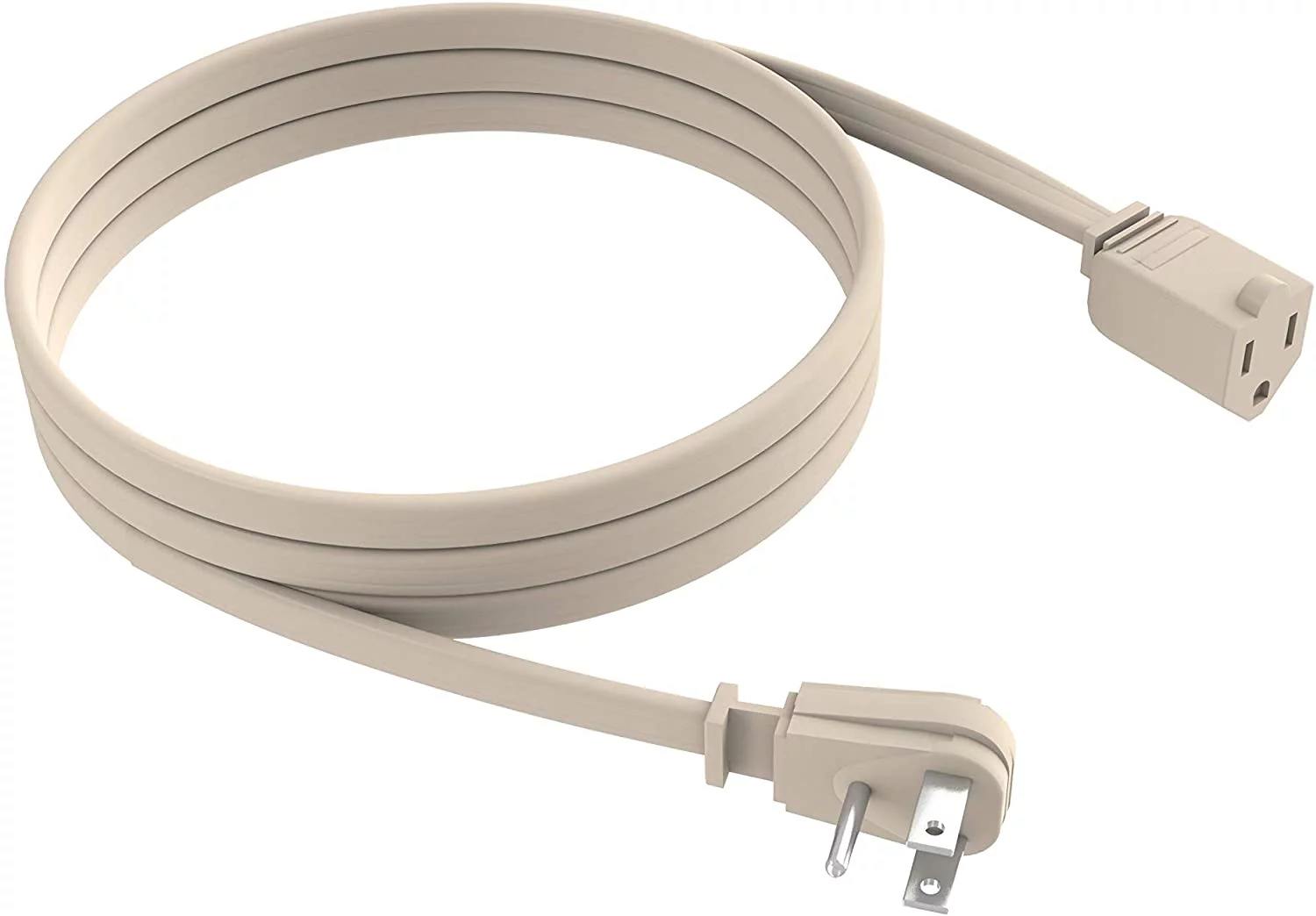

Articles
What Is A Grounded Extension Cord
Modified: March 1, 2024
Looking for informative articles about grounded extension cords? Discover the benefits and importance of using a grounded extension cord for electrical safety.
(Many of the links in this article redirect to a specific reviewed product. Your purchase of these products through affiliate links helps to generate commission for Storables.com, at no extra cost. Learn more)
Introduction
An extension cord is a common household item that allows you to extend the reach of your electrical devices beyond the limitations of their built-in power cords. However, not all extension cords are created equal. A grounded extension cord, also known as a three-prong extension cord, offers an additional level of safety and protection compared to a standard two-prong cord.
In this article, we will explore the concept of grounded extension cords, their purpose, how they work, and the benefits of using them. We will also discuss common use cases for grounded extension cords, safety precautions to keep in mind when using them, and tips on choosing the right one for your needs.
Whether you are a homeowner, a DIY enthusiast, or a professional working in various industries, understanding the importance of grounded extension cords is crucial for maintaining electrical safety in your daily life and work. So, let’s dive in and explore the world of grounded extension cords.
Key Takeaways:
- Grounded extension cords provide crucial safety benefits, including protection against electrical shocks, prevention of fires, and preservation of equipment. Understanding their purpose and following safety precautions is essential for maintaining electrical safety.
- When choosing a grounded extension cord, consider factors such as length, gauge, amperage, and voltage ratings, as well as quality, durability, and intended use. Investing in a high-quality cord ensures optimal performance and safety for your electrical devices.
Definition of a Grounded Extension Cord
A grounded extension cord is a type of electrical cord designed to provide an extra measure of safety by incorporating a third prong for grounding purposes. This third prong, often referred to as the grounding pin, helps to protect against electrical shock and reduce the risk of electrical fires.
Unlike a standard two-prong cord, which only has a hot wire and a neutral wire, a grounded extension cord has an additional grounding wire. This grounding wire is connected to the grounding pin and is typically green or bare copper in color. When plugged into a properly grounded electrical outlet, the grounding wire provides a safe pathway for electrical currents to flow into the ground in the event of a fault or electrical surge.
The purpose of the grounding pin is to redirect dangerous electrical currents away from the user and into the ground. It helps to prevent electric shocks by providing a low-resistance path for stray electrical charges to dissipate, preventing them from flowing through the user’s body.
It’s important to note that not all extension cords are grounded. Some may only have two prongs, also known as ungrounded or polarized cords. These cords are suitable for devices that do not require grounding, but for equipment that is designed to be grounded, it is essential to use a grounded extension cord to ensure safety.
The presence of a grounding pin distinguishes grounded extension cords from other types of electrical cords, making them a reliable option when it comes to powering electrical devices that require grounding for safe operation.
Purpose of a Grounded Extension Cord
The primary purpose of a grounded extension cord is to provide an additional layer of safety when using electrical devices that require grounding. By incorporating a grounding wire and a grounding pin, these cords help to prevent electrical shocks, protect against electrical fires, and reduce the risk of damage to both the devices and the electrical system.
When an electrical device is properly grounded, it means that any electrical faults or excess currents can safely flow into the earth, rather than through the user or the equipment itself. This is especially important for devices that have metal components or that generate significant electrical currents, such as power tools, heavy-duty appliances, and electronic equipment.
Here are some key purposes of using a grounded extension cord:
- Electrical Safety: One of the main purposes of a grounded extension cord is to protect users from electrical shocks. The grounding pin provides a safe path for stray electrical currents to dissipate, reducing the risk of shocks and ensuring the safety of individuals who come into contact with the device.
- Fire Prevention: Grounded extension cords help to prevent electrical fires by diverting excess electrical currents safely into the ground. Without grounding, these currents may cause overheating, melting of wires, or even ignition, leading to potentially dangerous fires.
- Equipment Protection: Many electrical devices and appliances require grounding for proper operation and protection. By using a grounded extension cord, you ensure that these devices receive the necessary grounding, preventing damage to the equipment and prolonging its lifespan.
- Electrical System Stability: Grounding electrical devices helps to maintain the stability and integrity of the overall electrical system. By redirecting and dissipating excess electrical currents, grounding prevents disruptions and fluctuations in the power supply, safeguarding both the devices and the electrical infrastructure.
It’s important to understand that using a grounded extension cord is not only about convenience but also about ensuring the safety of both individuals and their electrical devices. When using equipment that requires grounding, it is crucial to prioritize safety by utilizing a grounded extension cord.
How a Grounded Extension Cord Works
To understand how a grounded extension cord works, it’s important to first grasp the concept of electrical grounding. Grounding is a safety measure designed to create a path of least resistance for electrical current to flow into the earth in the event of a fault or electrical surge.
A grounded extension cord consists of three wires: a hot wire, a neutral wire, and a grounding wire. The hot wire carries the electrical current from the power source to the connected device, while the neutral wire carries the current back to the source. The grounding wire, often made of copper or a green-colored conductor, is the key component in ensuring electrical safety.
When the grounded extension cord is plugged into a properly grounded electrical outlet, the grounding pin of the plug connects to the ground wire in the outlet. This establishes a direct electrical connection between the extension cord’s grounding wire and the Earth’s grounding system.
In normal operation, electrical current flows through the hot wire and back through the neutral wire, completing a closed circuit. However, if a fault or electrical surge occurs, such as a short circuit or an overload, the grounding wire provides an alternate path for the excess current to flow.
When a fault occurs, the grounding wire directs the excess current into the ground, which acts as a massive reservoir of electrons with a near-infinite capacity to absorb the electrical charge. This diversion of current prevents it from flowing through the user or the equipment, mitigating the risk of electric shock or damage to the device.
In addition to redirecting fault currents, the grounding wire can also help to stabilize the electrical system. It serves as a reference point for voltage measurements, allowing the electrical system to maintain a neutral state. This helps ensure a stable electrical supply and prevents fluctuations that could cause damage to sensitive equipment.
By incorporating a grounding wire, a grounded extension cord provides an added layer of protection, reducing the risk of electrical hazards and enhancing overall electrical safety. It is important to note that for a grounded extension cord to work effectively, it must be connected to a properly grounded electrical outlet. Without a properly grounded outlet, the grounding feature of the cord may be rendered ineffective.
Benefits of Using a Grounded Extension Cord
Using a grounded extension cord offers several important benefits, ranging from enhanced safety to increased equipment protection. Understanding these advantages can help you make informed decisions when it comes to powering electrical devices in your home or workspace. Here are some key benefits of using a grounded extension cord:
- Electrical Safety: The primary benefit of using a grounded extension cord is increased electrical safety. The presence of the grounding pin and wire helps to prevent electric shocks by providing a path of least resistance for stray electrical currents. This is especially crucial when using equipment that operates at higher voltages or generates significant electrical currents.
- Protection Against Electrical Fires: Grounded extension cords help to minimize the risk of electrical fires. By diverting excess electrical currents into the ground, these cords prevent overheating, wire damage, and potential ignition. This added layer of protection is particularly important when using devices that draw a high amount of power, such as power tools or heating appliances.
- Device and Equipment Safety: Grounded extension cords play a vital role in preserving the integrity of your electrical devices and equipment. Many appliances and electronics are designed with grounding systems to ensure safe operation. By using a grounded extension cord, you provide the necessary grounding for such devices, protecting them from potential damage caused by electrical surges or faults.
- Compatibility and Versatility: Grounded extension cords are compatible with a wide range of devices and appliances that require grounding. From power tools and kitchen appliances to audiovisual equipment and computer systems, these cords offer a versatile solution for safely powering various electrical devices.
- Improved Electrical System Stability: Proper grounding with a grounded extension cord helps maintain the stability of the overall electrical system. By diverting excess currents and providing a reference point for voltage, grounding contributes to a balanced electrical supply, reducing the potential for fluctuations and ensuring smooth operation of connected devices.
- Ease of Use and Convenience: Grounded extension cords are designed to be user-friendly. They typically come in various lengths, allowing you to extend the reach of your devices as needed. The third grounding prong is easily identifiable and helps ensure the proper insertion of the plug into a grounded outlet.
By using a grounded extension cord, you not only prioritize electrical safety but also gain peace of mind when operating your electrical devices. Whether it’s in your home, office, or workshop, the benefits of using a grounded extension cord are clear: enhanced safety, protection against electrical fires, equipment preservation, and improved overall electrical system stability.
When using a grounded extension cord, make sure it is rated for the intended use and never overload it with too many devices. Inspect the cord regularly for any damage or wear.
Read more: What Type Of Electrical Cord Has A Ground?
Common Uses of Grounded Extension Cords
Grounded extension cords are versatile electrical tools that can be used in a variety of settings to extend the reach of power and provide grounding for devices that require it. Here are some common uses of grounded extension cords:
- Home Appliances: Grounded extension cords are often used to connect and power household appliances that require grounding, such as refrigerators, washing machines, dishwashers, and air conditioners. These appliances typically draw a significant amount of power and must be grounded for safe operation.
- Power Tools: Grounded extension cords are essential for powering power tools like drills, saws, sanders, and routers. These tools often generate substantial electrical currents, making grounding crucial for the safety of the user and the protection of the equipment.
- Outdoor Equipment: When using electrical equipment outdoors, such as lawnmowers, leaf blowers, and hedge trimmers, it’s important to utilize grounded extension cords. This ensures the grounding of the equipment, reducing the risk of electrical shock in potentially damp or wet conditions.
- Home Electronics and Entertainment Systems: Grounded extension cords are commonly used to power electronic devices like computers, televisions, gaming consoles, and audio systems. These devices often incorporate grounding systems as part of their design, requiring the use of grounded extension cords.
- Workshops and Garages: Grounded extension cords are essential in workshop and garage environments where power tools, machinery, and other electrical equipment are commonly used. Having a reliable grounding system helps protect the user, prevent electrical accidents, and preserve the lifespan of the equipment.
- Construction Sites and Industrial Settings: Grounded extension cords are widely used in construction sites and industrial settings to provide power for heavy machinery, lighting systems, and other equipment. Grounding is critical in these environments to ensure electrical safety and maintain a stable electrical supply.
It’s important to note that when using grounded extension cords, it’s advisable to select cords that are rated for the specific application and meet the electrical requirements of the devices being powered. Using the appropriate cord length and gauge ensures sufficient power transmission and reduces the risk of overheating or damage to the cord.
Overall, grounded extension cords are invaluable in various settings where electrical devices requiring grounding are used. Their flexibility, compatibility, and ability to provide both power extension and grounding make them a reliable and essential tool for a wide range of applications.
Safety Precautions When Using a Grounded Extension Cord
Although grounded extension cords are designed to provide an extra level of safety, it is important to follow proper safety precautions to ensure their effective and safe use. By keeping these precautions in mind, you can mitigate potential risks and maintain a secure electrical environment. Here are some important safety measures to consider when using a grounded extension cord:
- Inspect the Cord: Before each use, carefully inspect the extension cord for any signs of damage, such as frayed wires, exposed conductors, or loose connections. Do not use a cord that appears worn or damaged, as it may pose a safety hazard.
- Match the Cord Rating: Ensure that the grounded extension cord is suitable for the devices you are connecting to it. Verify that the cord’s amperage and voltage ratings match or exceed the requirements of the devices to prevent overloading and potential overheating.
- Avoid Overloading: Avoid plugging too many devices into a single extension cord. Overloading the cord can lead to overheating and cause a potential fire hazard. Distribute the power load evenly by using multiple cords or utilizing different power outlets.
- Proper Placement: Place the extension cord away from sources of heat, water, or flammable materials to reduce the risk of fire. Avoid running the cord under carpets or rugs where it may become damaged or pose a tripping hazard.
- Avoid Excessive Extension: Use the appropriate length of cord needed for the task at hand. Avoid excessive extension or daisy-chaining of multiple extension cords, as this can lead to voltage drops, potential power loss, and increased risk of electrical hazards.
- Secure Connections: Ensure that the plug and receptacle connections are secure and fully inserted. Loose connections can cause arcing, overheating, and may result in electrical malfunctions or shock hazards.
- Remove Cords Safely: When unplugging devices or removing the extension cord, pull the plug by firmly gripping the base rather than pulling on the cord itself. This prevents strain on the cord and minimizes the risk of damaging the connections.
- Store Properly: When not in use, neatly coil and store the extension cord in a cool, dry place to prevent damage and tangling. Avoid tightly wrapping the cord around objects, as this can cause kinks and weaken the insulation.
- Use Grounded Outlets: Ensure that the electrical outlets you are using are properly grounded. An ungrounded outlet may render the grounding feature of the extension cord ineffective, compromising safety.
- Follow Manufacturer’s Instructions: Always refer to the manufacturer’s guidelines and instructions for both the extension cord and the devices being connected. Adhere to any usage limitations, recommended ampacity, and specific safety instructions provided.
By adhering to these safety precautions, you can minimize the risks associated with using a grounded extension cord and create a safer electrical environment for yourself and others.
How to Choose the Right Grounded Extension Cord
Choosing the right grounded extension cord is crucial to ensure safe and efficient operation of your electrical devices. With a wide range of options available, it’s important to consider certain factors when selecting the best cord for your specific needs. Here are some guidelines to help you choose the right grounded extension cord:
- Length: Determine the length of cord you will need based on the distance between your electrical outlet and the device you intend to power. Avoid using excessively long cords, as they can result in voltage drops or power loss. On the other hand, ensure the cord is long enough to provide adequate reach without stretching or straining.
- Gauge: Consider the gauge or thickness of the cord wire. Thicker wires (lower gauge numbers) can carry more current without overheating. Choose a gauge that matches or exceeds the power requirements of your devices. For example, heavy-duty power tools may require a thicker cord (lower gauge) to handle their power demands.
- Amperage and Voltage Ratings: Check the amperage and voltage ratings of the devices you plan to connect to the extension cord. Ensure that the cord’s ratings are equal to or higher than the requirements of the devices. Exceeding the cord’s ratings could lead to overheating and pose a safety hazard.
- Grounded Plug: Look for a grounded extension cord with a plug that has three prongs – two flat prongs and a grounding pin. The grounding pin ensures a proper grounding connection when plugged into a grounded outlet.
- Quality and Durability: Invest in a high-quality extension cord that is made from durable materials and has a sturdy construction. Look for cords with well-insulated wires, strong connectors, and rugged jackets that can withstand the demands of your intended applications.
- UL Listing: Check for the Underwriters Laboratories (UL) listing on the packaging or product label. This certification ensures that the extension cord has undergone safety testing and meets specific industry standards.
- Intended Use: Consider the specific applications in which you plan to use the grounded extension cord. If you intend to use it outdoors or in wet conditions, ensure that the cord is rated for outdoor use and has appropriate weather resistance.
- Additional Features: Some grounded extension cords come with built-in features like power indicator lights, tamper-resistant outlets, or surge protection. Evaluate these additional features based on your specific needs and preferences.
- Manufacturer’s Warranty: Check if the cord comes with a warranty. A warranty can provide peace of mind and ensure that you have recourse if the cord malfunctions or fails prematurely.
Remember to read and understand the manufacturer’s instructions and guidelines for the specific extension cord model you intend to purchase. Following these considerations will help you select a grounded extension cord that is appropriate for your intended application, ensuring safety, efficiency, and reliable power delivery.
Conclusion
Grounded extension cords play a fundamental role in electrical safety and provide peace of mind when using electrical devices that require grounding. These cords offer a number of benefits including increased protection against electrical shocks, prevention of electrical fires, preservation of equipment, and improved electrical system stability.
Understanding the importance of using a grounded extension cord and following safety precautions when using one is essential. Inspecting the cord for damage, matching the cord rating to the device requirements, avoiding overloading, and securely connecting the cords are all key safety measures to keep in mind. Proper placement, avoiding excessive extension, and proper storage of the cords also contribute to safety and prevent potential hazards.
When selecting a grounded extension cord, factors such as length, gauge, amperage and voltage ratings, grounded plug, quality and durability, UL listing, intended use, additional features, and manufacturer’s warranty should be considered. Investing in a high-quality cord that suits your specific needs and applications ensures optimal performance and longevity.
Whether you’re powering home appliances, utilizing power tools, or connecting electronics and entertainment systems, using a grounded extension cord is an important step in maintaining electrical safety. By understanding the purpose, benefits, how they work, and common uses of grounded extension cords, you can make informed decisions and create a safer electrical environment in your home, office, workshop, or any other setting.
Remember, electrical safety should always be a top priority. Properly utilizing grounded extension cords and following safety guidelines will help protect yourself, others, and your valuable electrical equipment from potential hazards. Stay informed, stay safe, and enjoy the convenience and reliability of grounded extension cords in your daily life.
Frequently Asked Questions about What Is A Grounded Extension Cord
Was this page helpful?
At Storables.com, we guarantee accurate and reliable information. Our content, validated by Expert Board Contributors, is crafted following stringent Editorial Policies. We're committed to providing you with well-researched, expert-backed insights for all your informational needs.
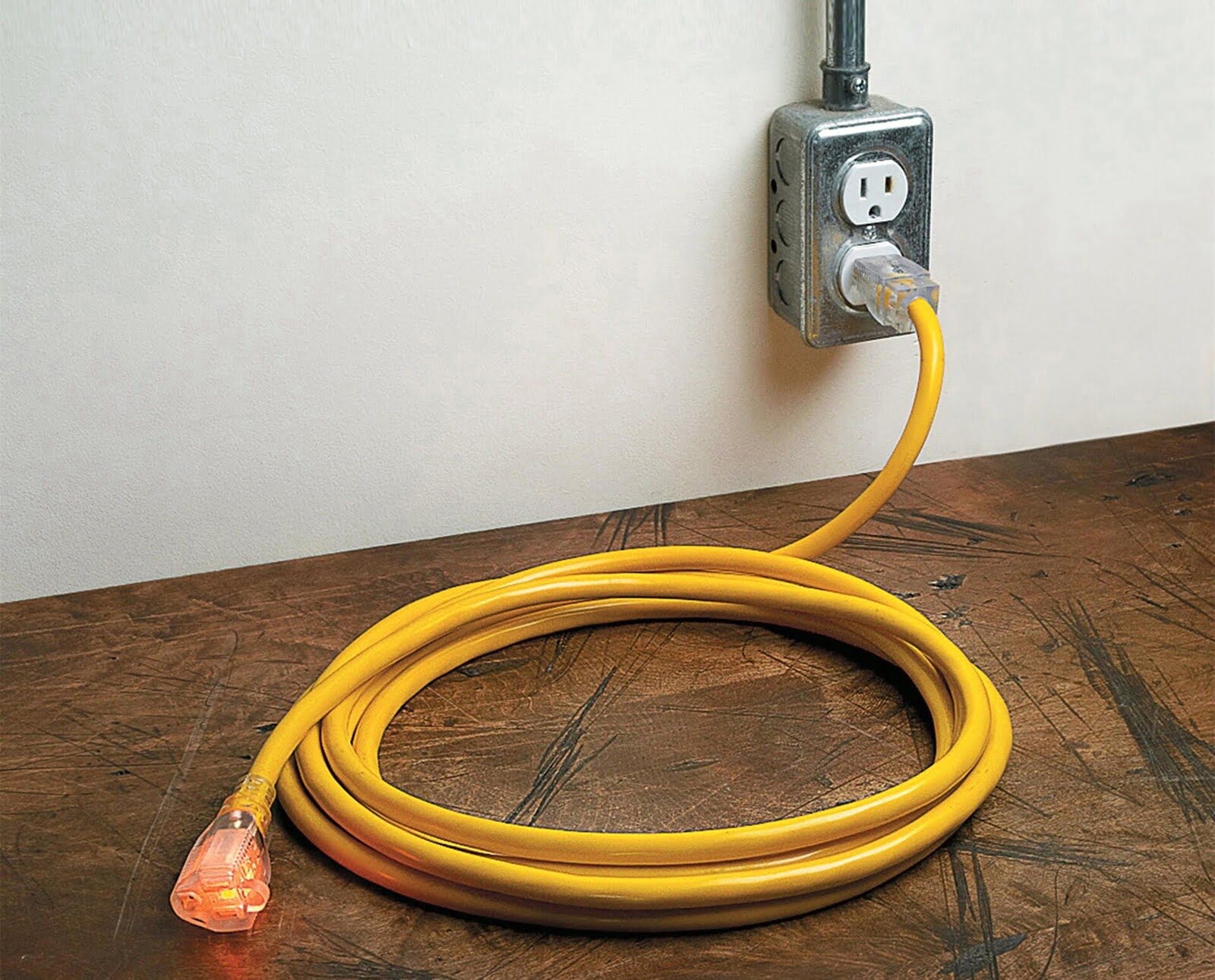
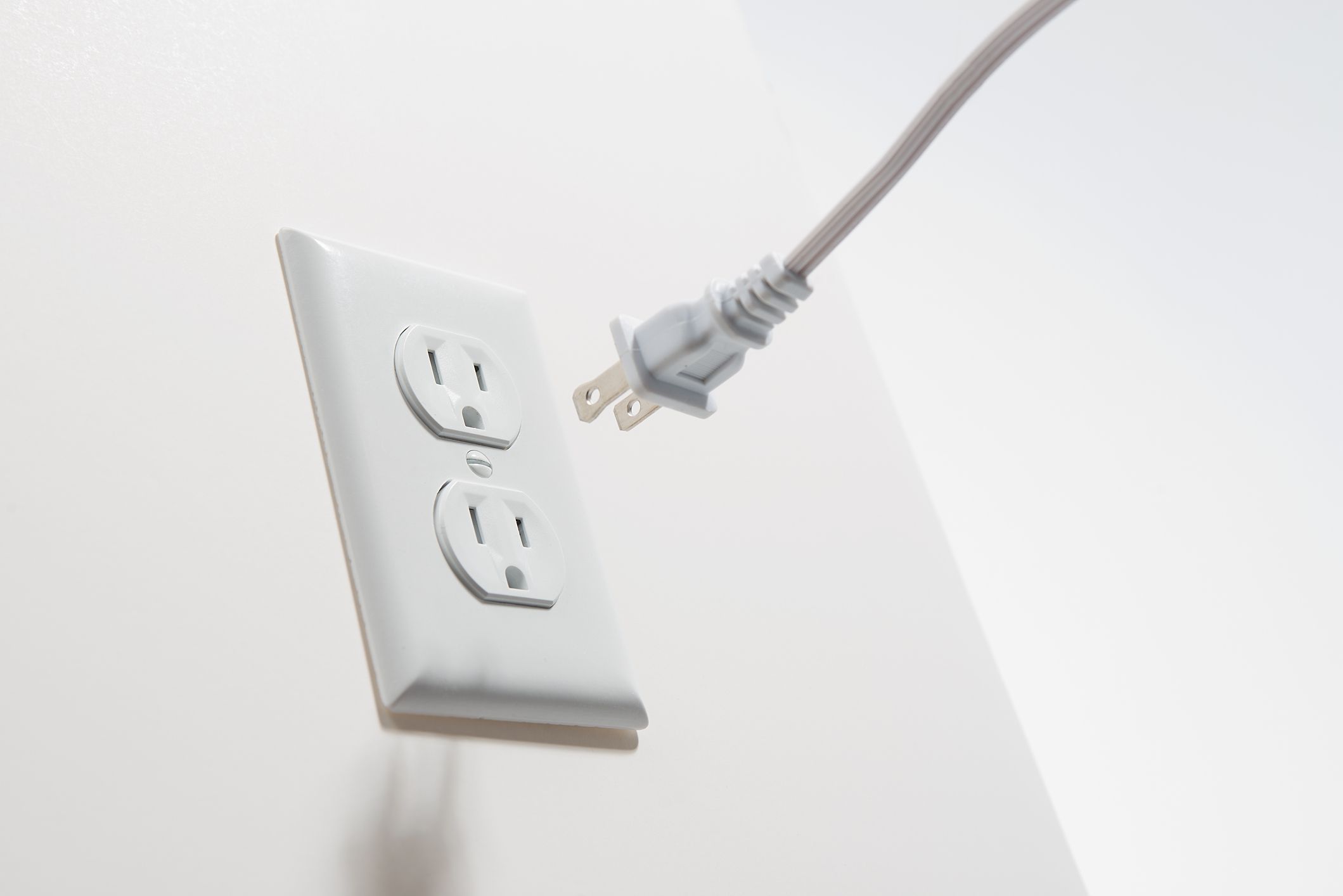
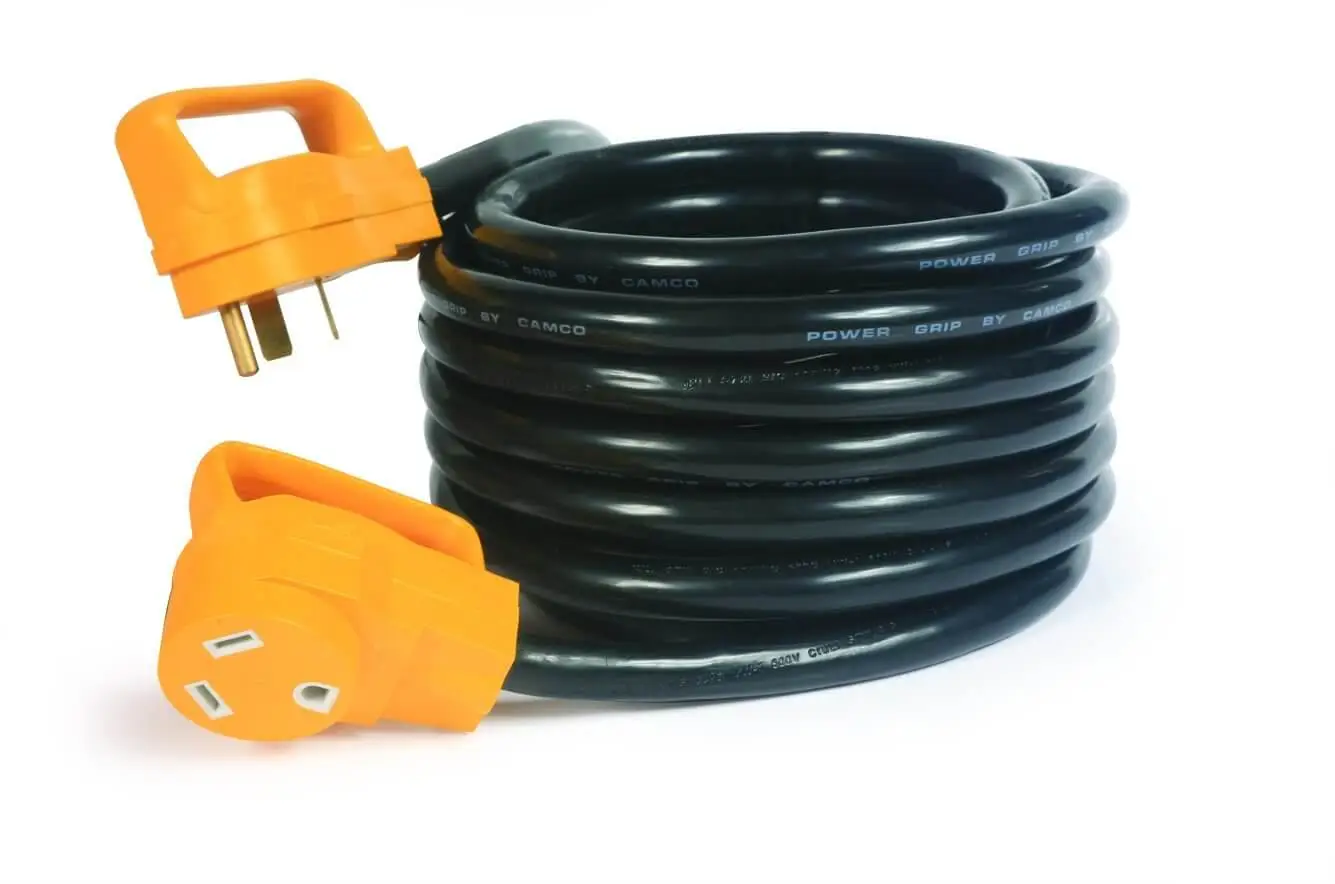
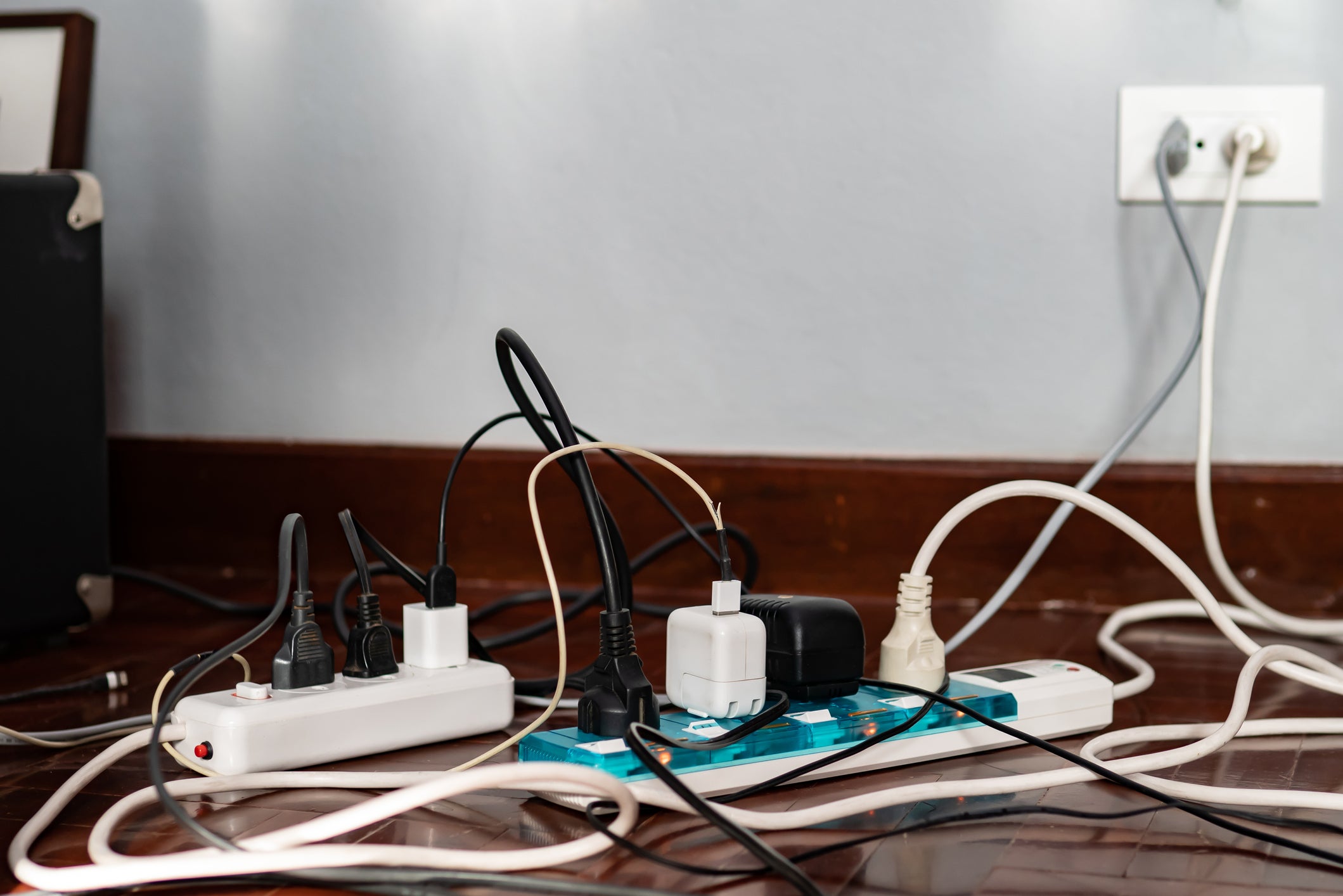
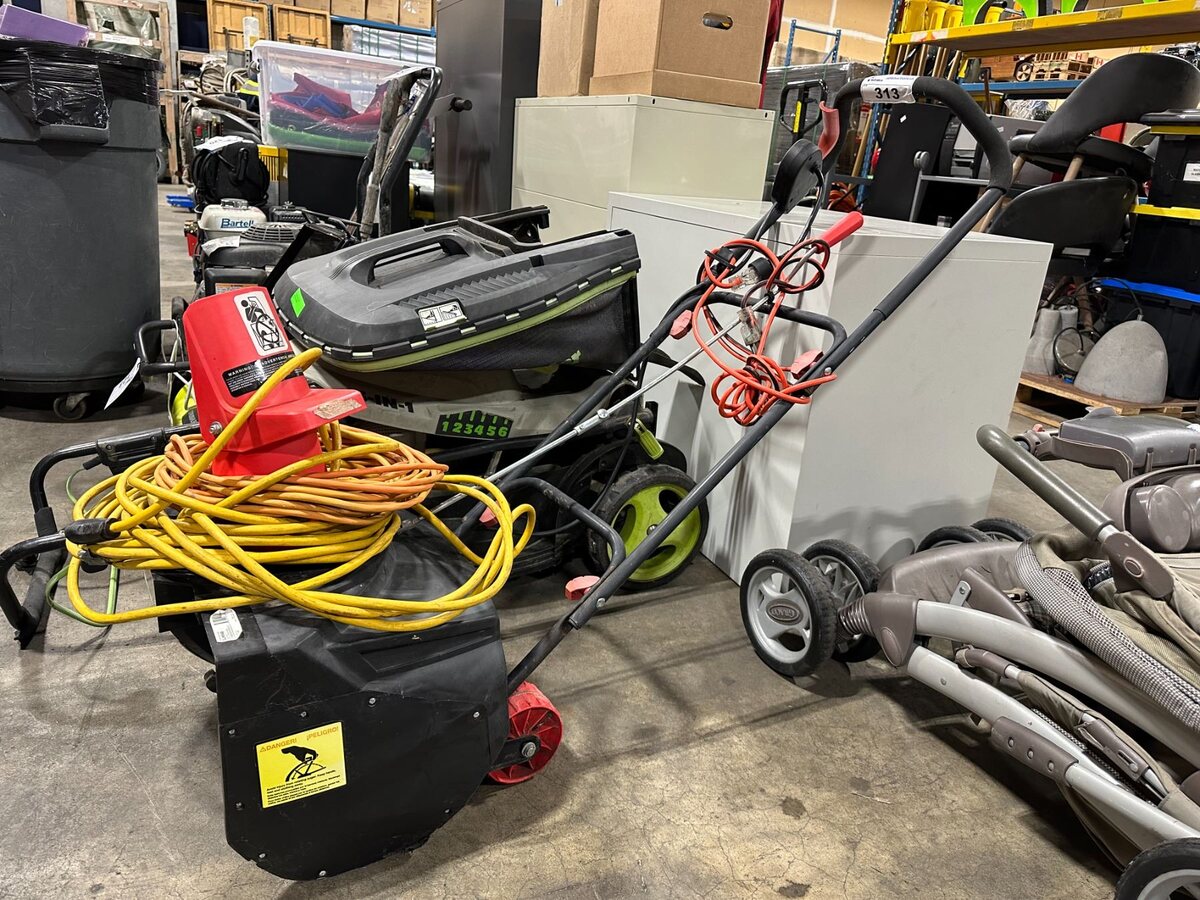
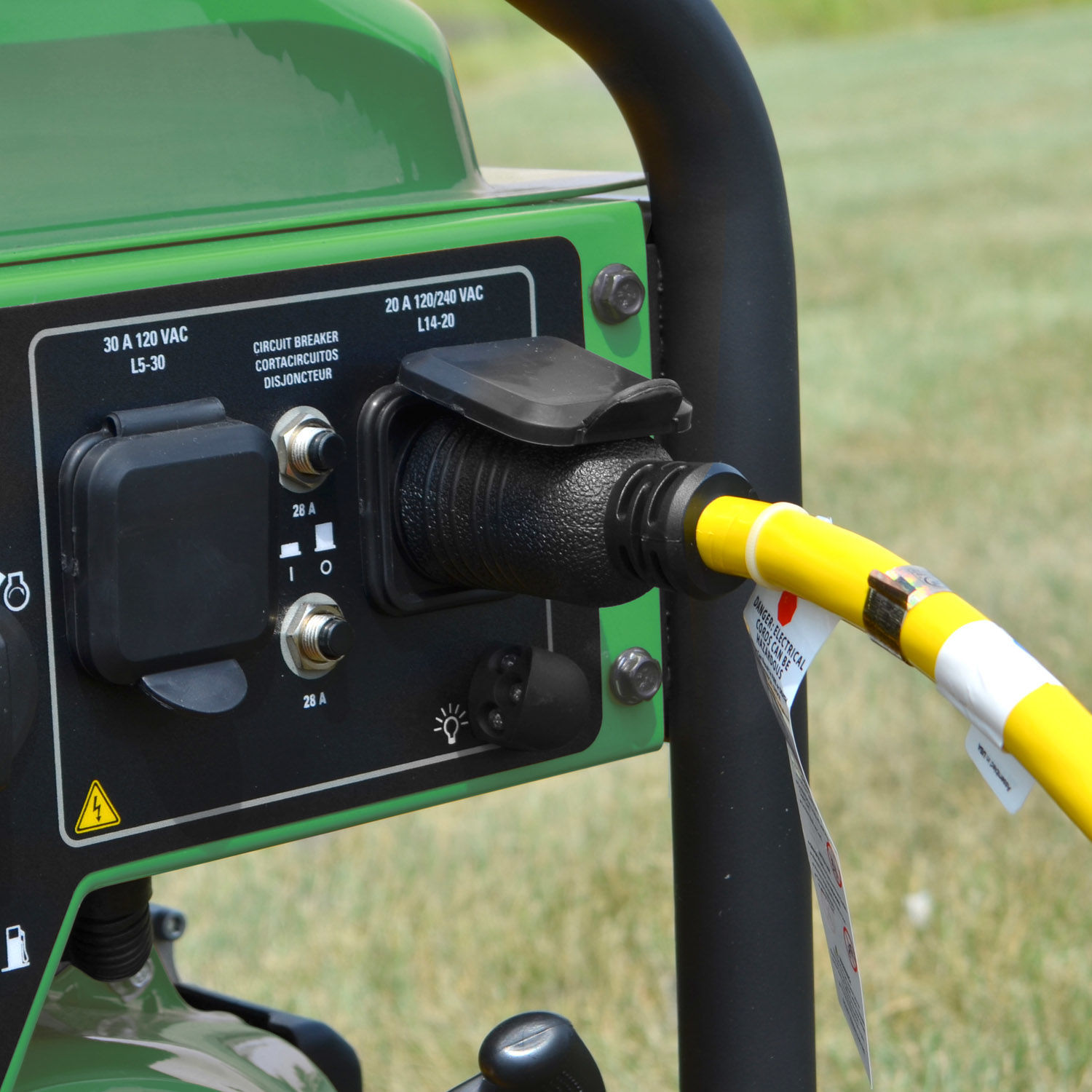
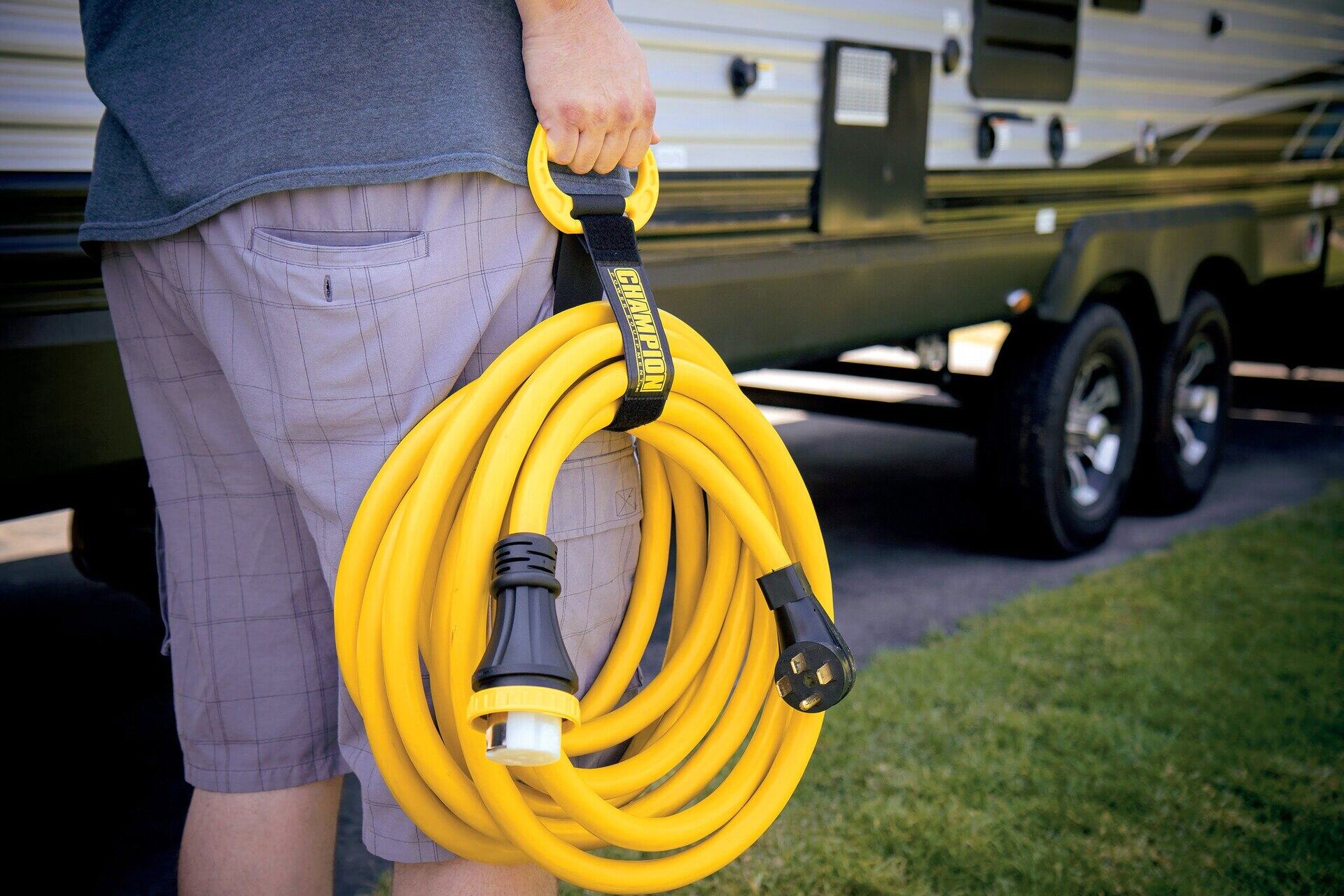
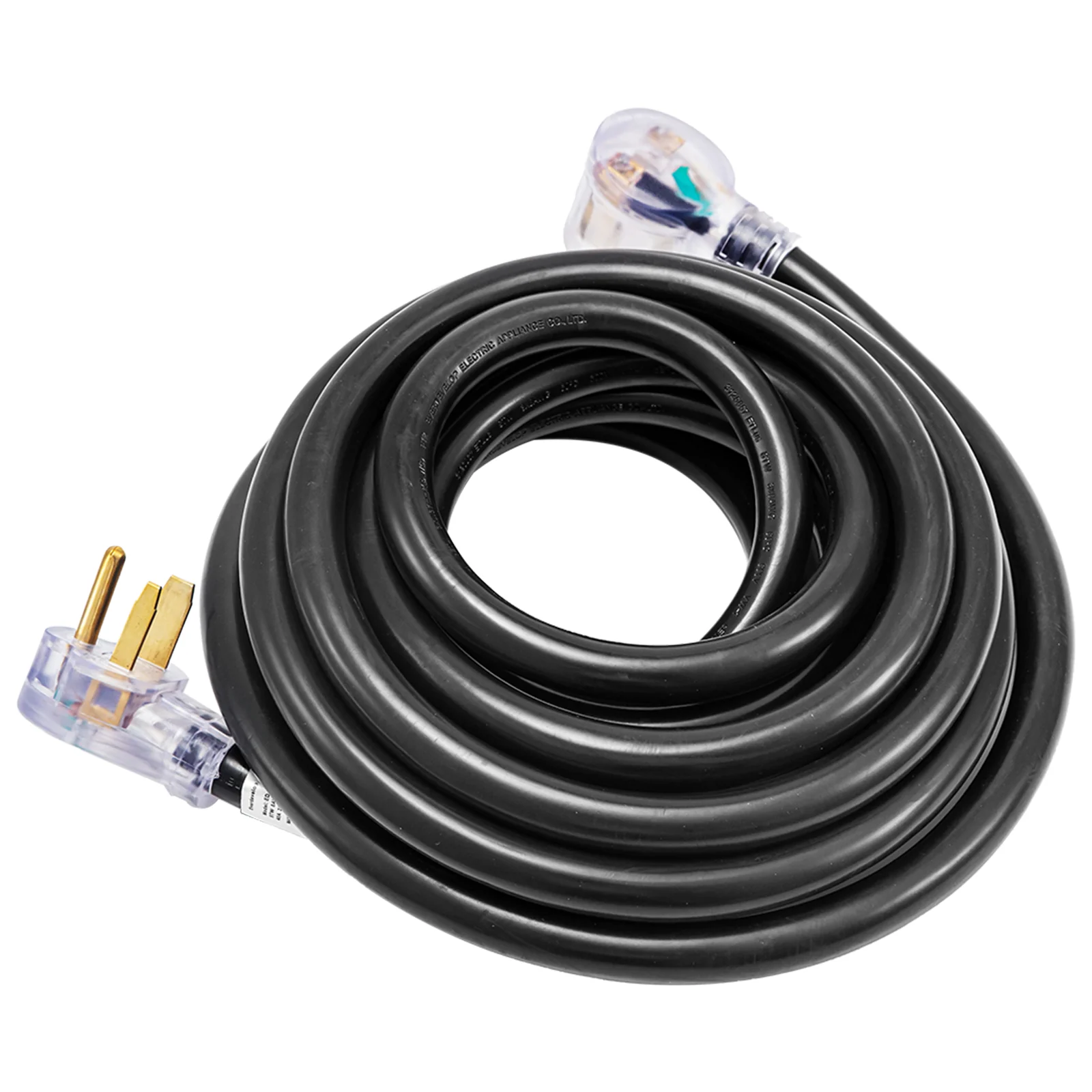
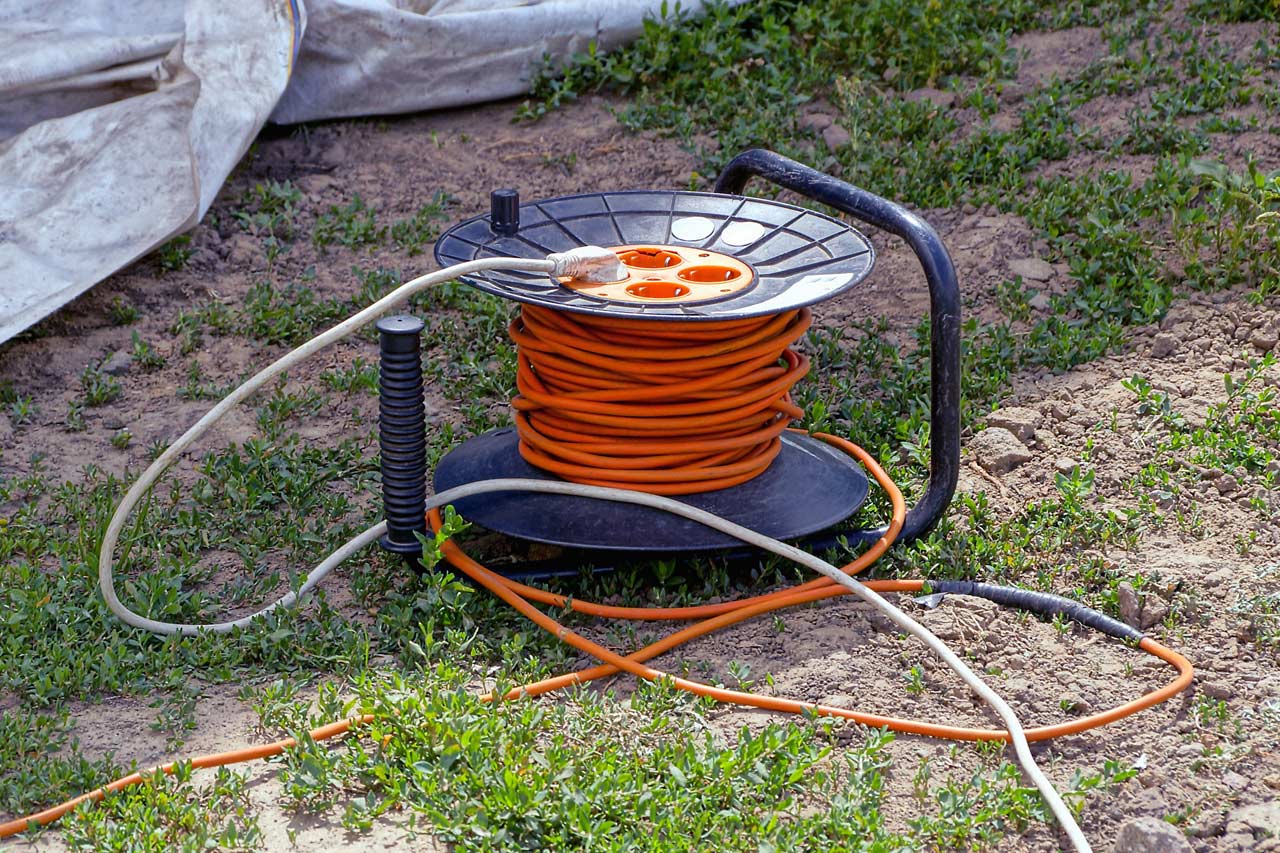
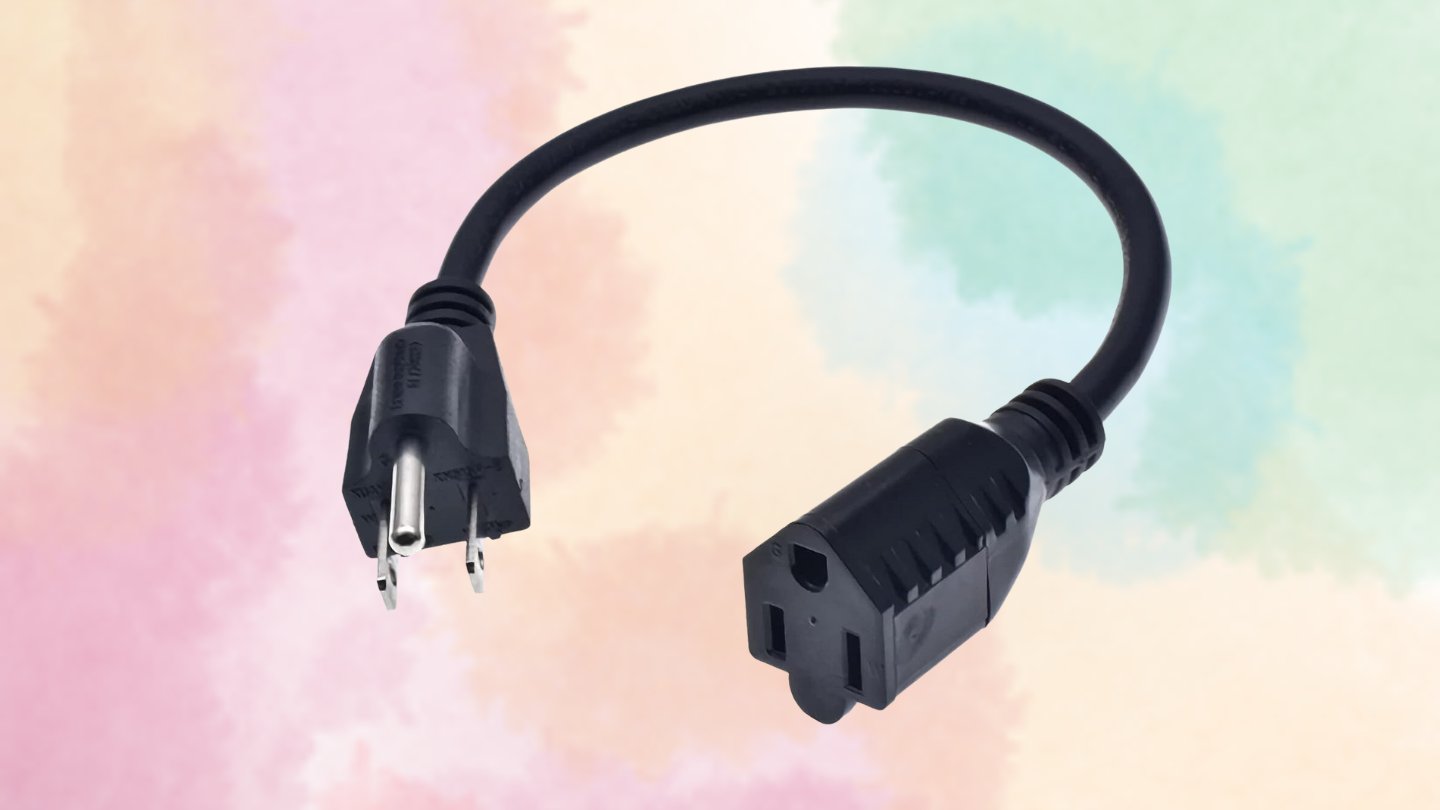
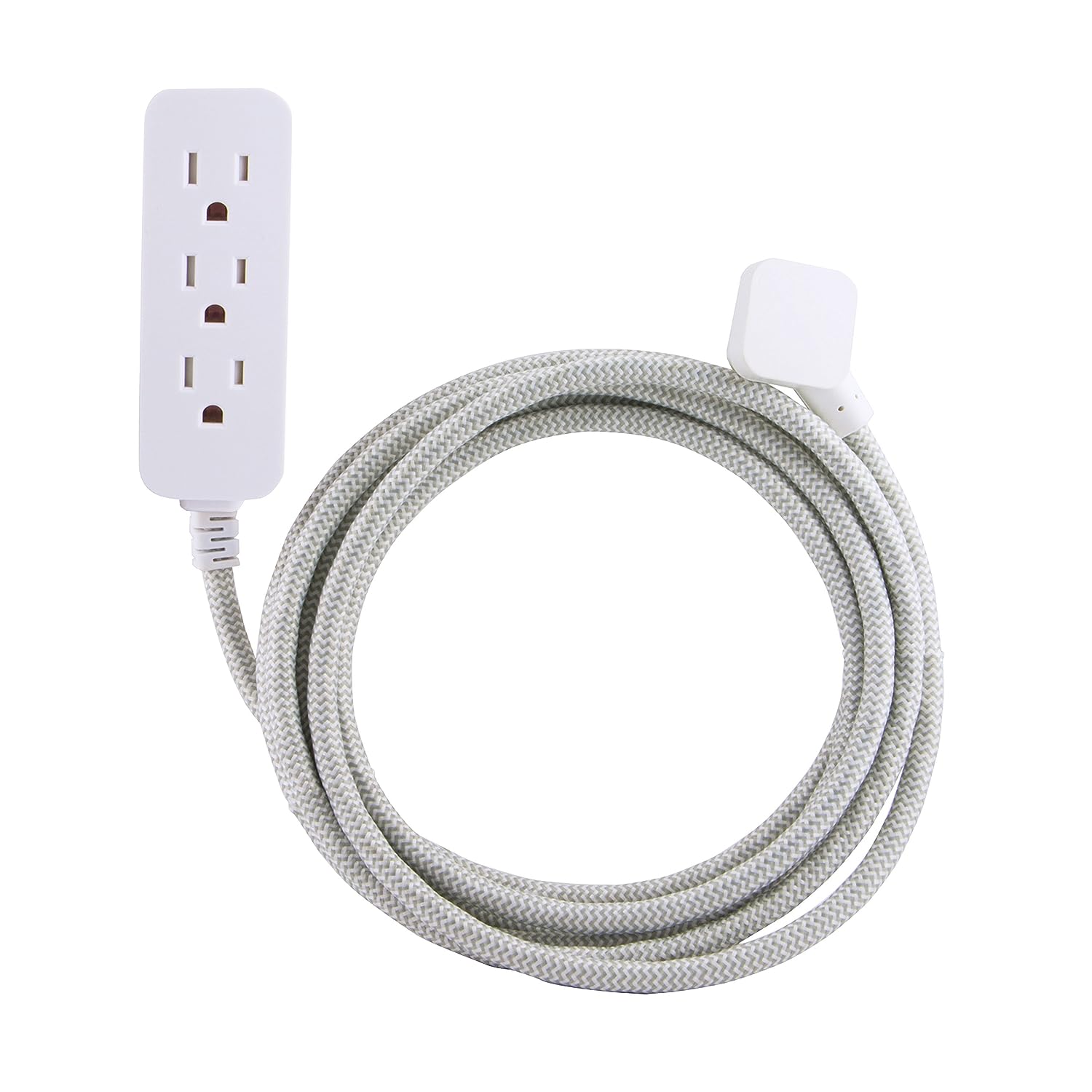
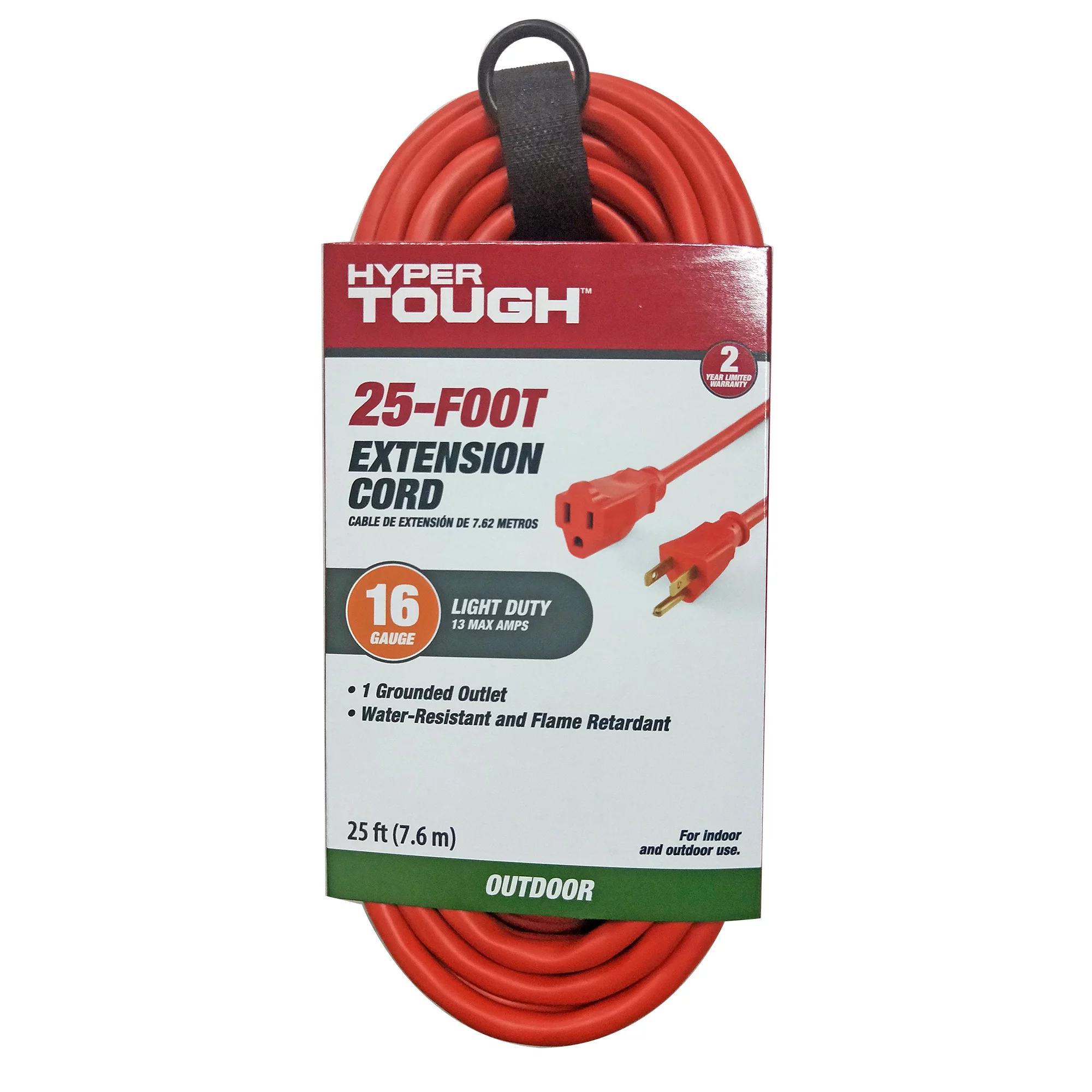
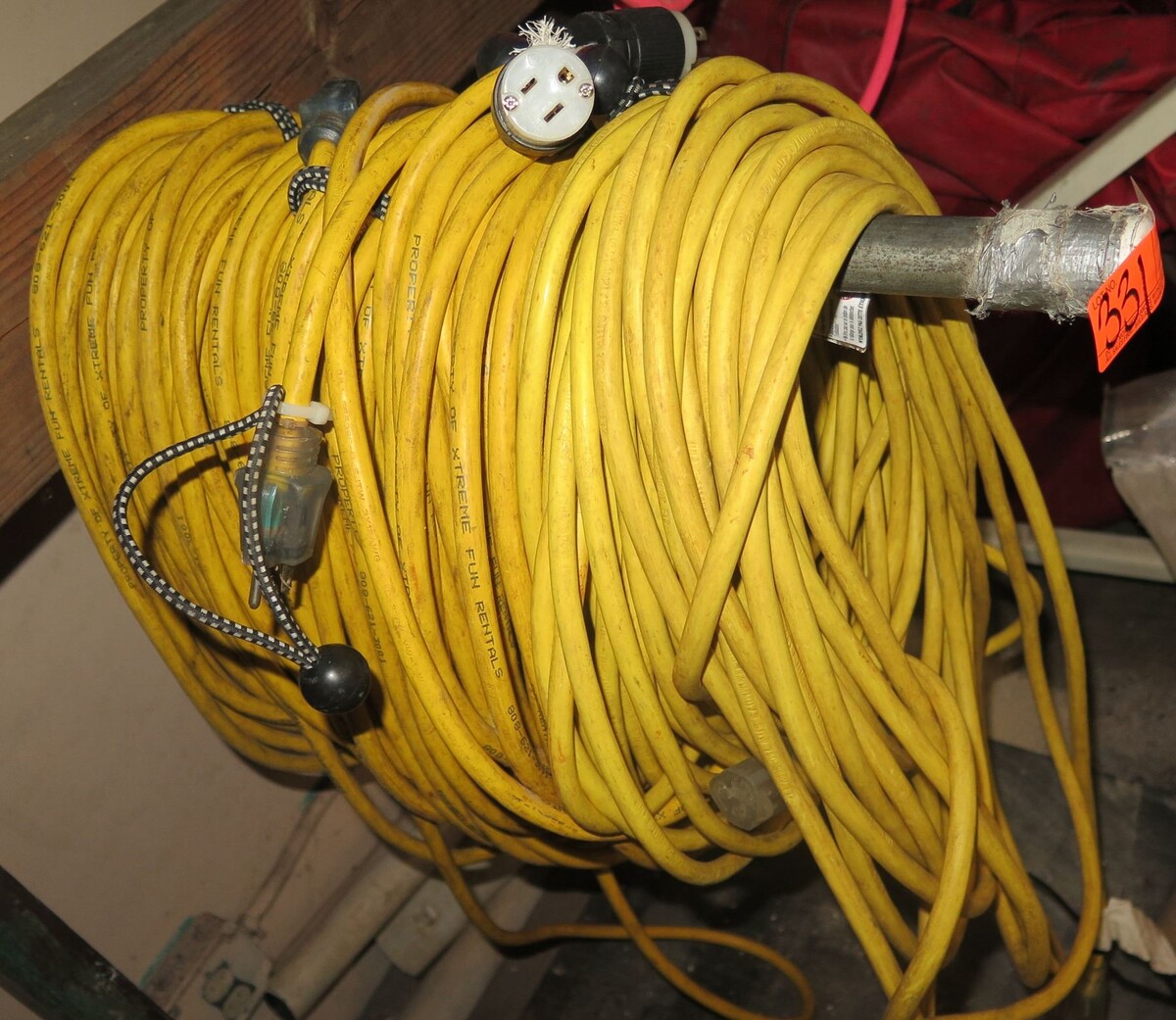
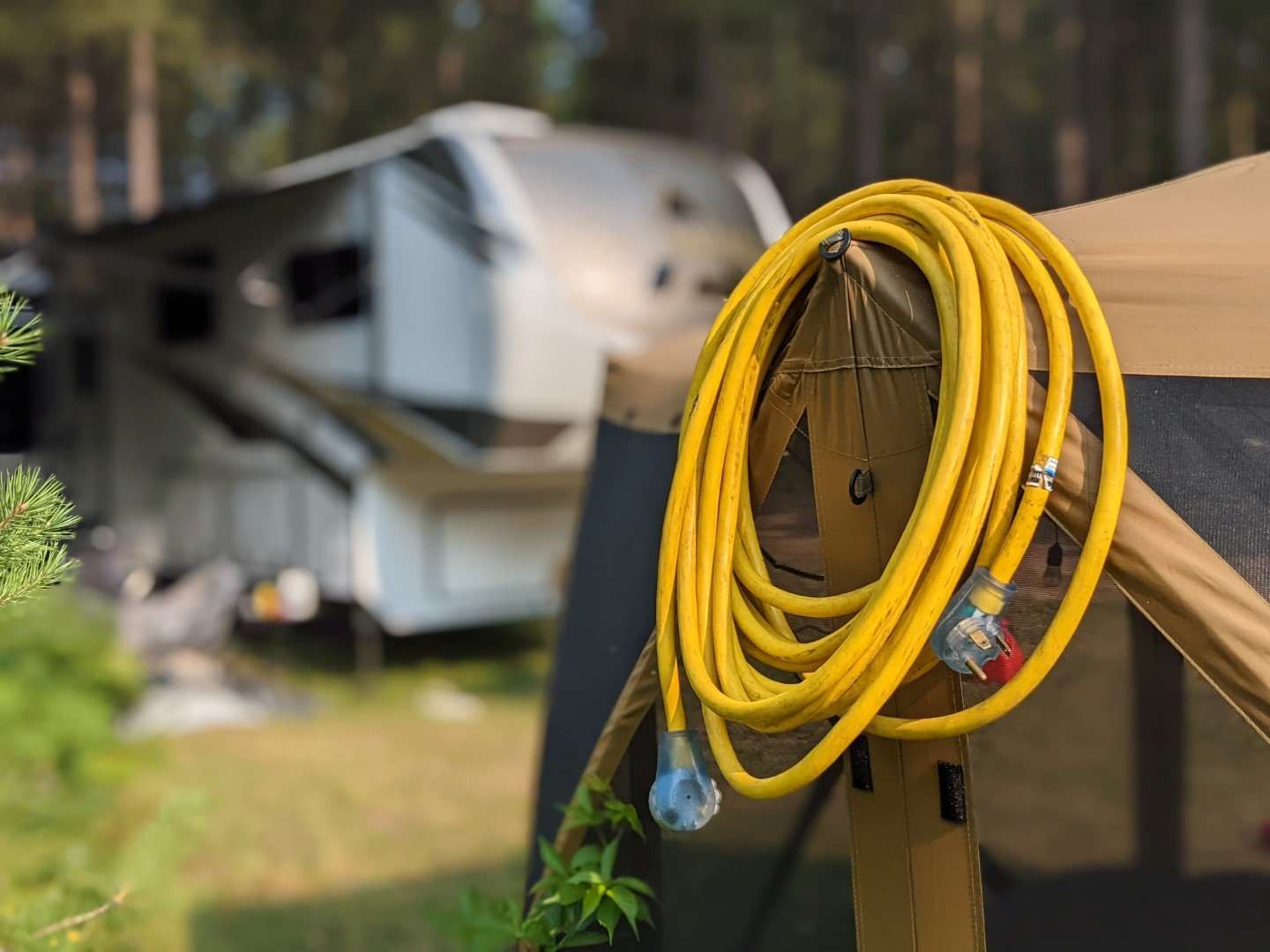

0 thoughts on “What Is A Grounded Extension Cord”